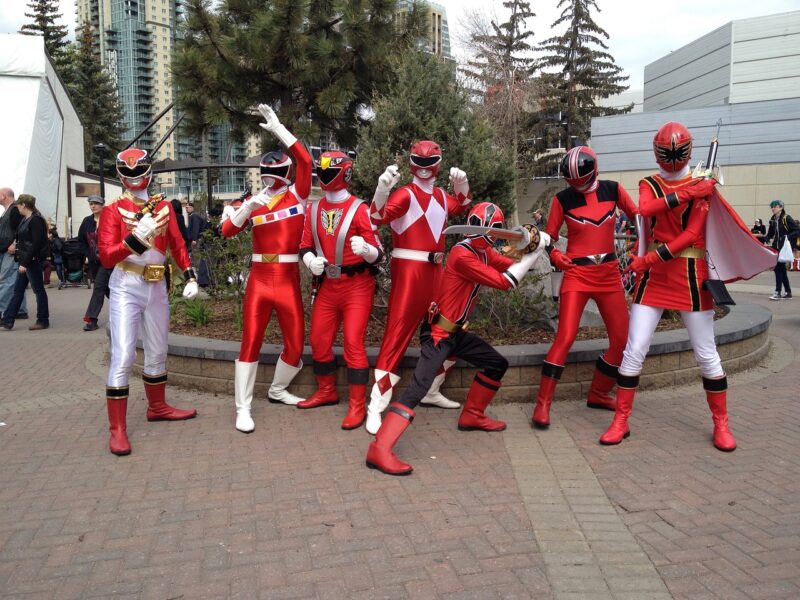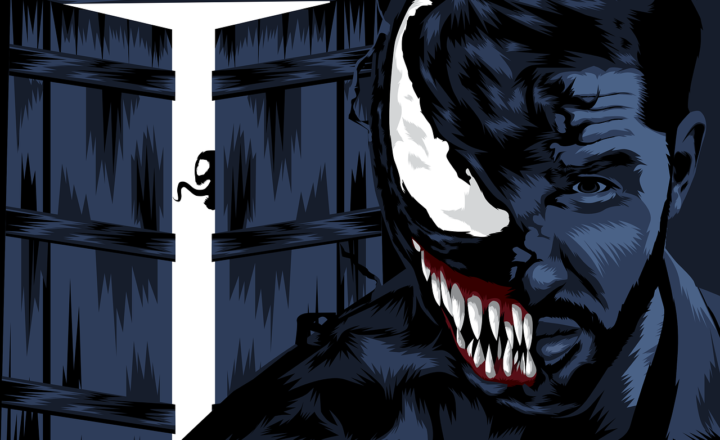
In a world where success often feels reserved for the privileged, underdog heroes resonate deeply with us. These characters, often marked by their struggles against daunting odds, embody resilience, courage, and the idea that anyone can rise to greatness. Whether it’s the muscular Rocky Balboa taking on the champion heavyweight or the geeky Peter Parker swinging through the streets of New York City, these heroes capture our hearts and imaginations. In this article, we will explore the deep psychological and cultural reasons behind our fascination with underdog heroes, touching on their stories, the lessons they teach us, and why they make for such compelling narratives.
1. The Allure of the Underdog Narrative
Underdog stories have been a part of human storytelling for centuries. From ancient mythology to modern films, the core of the narrative remains the same: someone ordinary faces overwhelming challenges but ultimately triumphs through determination and grit. This narrative structure speaks to our collective desire for justice and fairness in a world that often seems rigged against the disadvantaged.
The popularity of movies with underdog heroes can be attributed to several factors:
- Relatability: Many of us identify with the struggles faced by these characters—whether it’s battling insecurity, financial hardship, or societal rejection. Their journeys often mirror our own challenges, making their eventual success feel like a validation of our own efforts and hopes.
- Emotional Investment: Underdogs invite us to root for them as they overcome obstacles. Our emotional investment in their journey amplifies the joy we feel when they achieve victory, creating a powerful connection between the hero and the audience.
- Inspiration: Stories of underdogs inspire us to persevere in our own lives. They challenge the notion that circumstances define our potential and encourage us to embrace resilience and ambition despite our limitations.
The allure of the underdog is a central theme in folklore, sports, and cinema, and it continues to thrive in modern storytelling as we seek to see ourselves reflected in their struggles and successes.
2. Classic Underdog Heroes
To better illustrate the charisma of underdog heroes, let’s take a closer look at a few iconic examples that have captivated audiences across generations:
Rocky Balboa
Rocky, portrayed by Sylvester Stallone, is the quintessential underdog hero. A small-time boxer from Philadelphia, he receives an unlikely chance to fight heavyweight champion Apollo Creed. Despite facing numerous physical and emotional obstacles, Rocky epitomizes the spirit of hard work and determination. His famous training montages and the ultimate showdown with Apollo symbolize the triumph of the human spirit and the belief that anyone can change their destiny through perseverance.
Spider-Man
Peter Parker embodies the underdog in a different sense. Despite being a teenager juggling high school, work, and a budding career as a superhero, he navigates personal challenges, societal expectations, and a plethora of villains. His relatability as someone who is constantly balancing responsibilities while trying to make the world a better place resonates with fans who see their own struggles reflected in his plight. Peter’s mantra, “With great power comes great responsibility,” encapsulates the moral duty that often accompanies the underdog’s path to heroism.
Frodo Baggins
Frodo, the hobbit from J.R.R. Tolkien’s epic saga, “The Lord of the Rings,” illustrates another dimension of the underdog hero archetype. Small in stature, Frodo is thrust into an epic battle against dark forces. Throughout his journey, he faces insurmountable odds while also combating the personal burden of the One Ring. His unwavering commitment to destroy the ring despite great physical and psychological toll emphasizes that true heroism often comes from the least likely individuals, reflecting the incredible strength rooted in vulnerability.
Each of these characters showcases unique facets of the underdog narrative, illustrating how adversity shapes their journeys and makes them relatable to audiences globally.
3. Psychological Appeal of Underdogs
The psychological appeal of underdog heroes can be explained through various lenses:
- The Motivation to Overcome: Underdogs evoke a sense of hope. Watching them triumph can inspire us to reflect on our own capabilities, motivating us to pursue our dreams and goals against the odds.
- Contrast and Catharsis: Underdog stories often feature a stark contrast between the hero’s humble beginnings and the eventual triumph. This narrative arc invites audiences to experience catharsis as they witness success coming to those who seem undeserving, providing relief from the tension that built throughout the journey.
- Moral Lessons: Many underdog stories include moral lessons about perseverance, integrity, and the importance of standing up for oneself. Audiences can take these lessons and aspire to apply them in their own lives, reinforcing positive values and social behaviors.
Through these psychological factors, audiences relate more deeply to underdog heroes, mirroring their aspirations, struggles, and ultimate quests for fulfillment.
4. Cultural Relevance of Underdogs
The cultural significance of underdog heroes extends beyond entertainment, acting as symbols of hope and resilience in various contexts:
- Social Movements: Underdog narratives are prevalent in social movements, where marginalized groups challenge societal norms. These stories inspire hope and strength, uniting individuals under a shared struggle for equality and justice.
- Sports and Competitions: In the realm of sports, overachieving teams or athletes often draw support from fans who revel in the idea of an underdog winning against more powerful opponents. Stories of sports underdogs inspire both players and followers to believe that anything is possible with the right mindset.
- Universal Themes: The themes of struggle, hope, and perseverance transcend cultural boundaries, making underdog narratives appealing to diverse audiences across the globe. They assert the belief that anyone, regardless of background, can find success and make a profound impact on the world.
As such, underdog heroes serve as enduring figures who reflect our innate desire for justice and equality, resonating deeply within the framework of society at large.
Conclusion: The Enduring Legacy of Underdog Heroes
The love we have for underdog heroes like Rocky, Spider-Man, and Frodo stems from their journeys of perseverance and triumph. They embody the idea that greatness can emerge from even the most unlikely of characters and that resilience in the face of adversity can lead to profound achievements.
As we explore their stories, we find inspiration not just in their victories, but in the struggles that precede them. They remind us that we too can overcome our challenges, inspiring us to dream bigger and fight harder. In a world often riddled with challenges, underdog heroes reassure us that with grit and determination, anyone can rise to greatness and leave a mark on the world.
So, here’s to the underdog heroes, who capture our hearts and remind us that the human spirit can shine bright, even in adversity.







